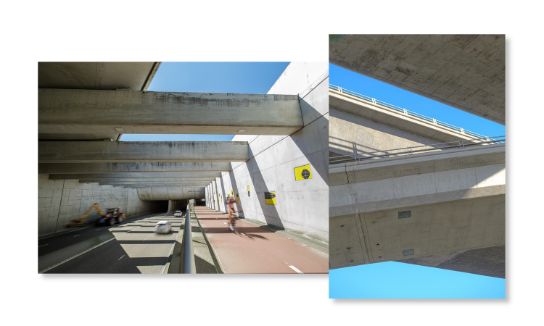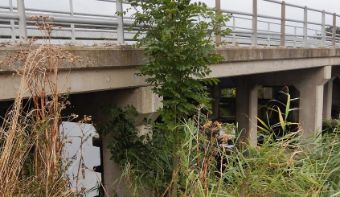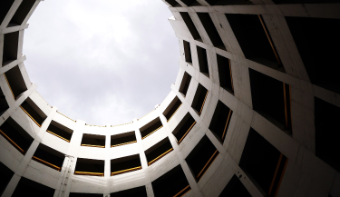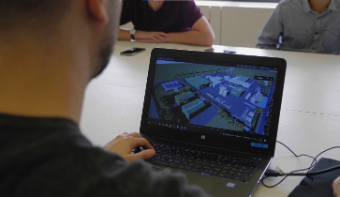+Reuse Quickscan

+Reuse Quickscan
Many civil engineering structures are demolished or replaced when they reach the end of their technical lifespan. This large-scale replacement task offers opportunities to work in a circular way and contribute to the Dutch ambition to be fully circular by 2050. To realise these opportunities, you need to know what reuse possibilities exist. The +Reuse Quickscan helps with decision-making on reusable assets, with in-depth resource knowledge and quick valuation.
Impact of the construction sector
The impact of the construction sector is large: it is responsible for 50% of raw material consumption, 35% of CO2 emissions and for the production of 25 megatonnes of waste annually in the Netherlands. Although 95% of construction and demolition waste is reused, this is mainly at low levels, such as for road infrastructure and foundations. The emerging replacement and renovation task calls for increased reuse of components to reduce raw material consumption. The +Reuse Quickscan provides insight into the reuse potential.

+Reuse Quickscan helps asset owners and managers
The +Reuse Quickscan can be used by asset owners who manage infrastructural objects. Think of Rijkswaterstaat, water boards, provinces, municipalities and other private asset managers. In the +Reuse Quickscan, we combine smart software with our experience and constructive knowledge. With the tool, you can quickly and easily assess whether reuse of existing concrete components is feasible. The +Reuse Quickscan can be customised per project.

Full insight into environmental impact and costs
The +Reuse Quickscan tool offers a more comprehensive insight into how the choice of construction method affects the environment. The tool compares the Environmental Cost Indicator (ECI) and carbon footprint of two options: 1) reusing new parts and 2) constructing new elements. This evaluation is quantity-based, which not only highlights ecological implications, but also links direct costs to specific parts. This gives you clear insight into which parts of assets can be reused in what way and with what impact.

Four steps
The methodology of the +Reuse Quickscan consists of four main steps:
1. A decomposition for the object to be assessed is made in accordance with the NEN-2767 standard.
2. Assessment by components based on various questions and criteria. The three main criteria are:
- Material quality: Are toxic materials present? What is the state of maintenance? What is the remaining service life?
- Deconstruction: What type of connection is used? How can the component be extracted
- Applicability: Are the design requirements still met? Is it a standardised component?
3. The criteria are fed into a scoring system used to analyse the suitability of component reuse.
4. Advice on the potential reusability of a component. Potential risks for reuse are highlighted and, where appropriate, recommendations for further investigation.

Benefits of the +Reuse Quickscan

Fast insight and advice
The +Reuse Quickscan provides quick insight and advice on the reusability of existing assets.

Circularity
The +Reuse Quickscan helps realise government requirements to be fully circular by 2050.

Adaptable/flexible
Easy to set up per project needs of different asset owners.
Want to know more?
Josh helps clients to understand and apply sustainable and circular solutions for existing infrastructure.



.jpg)
